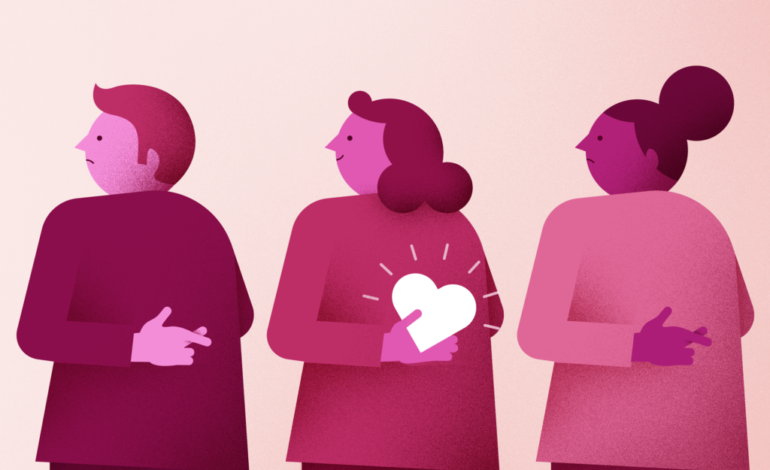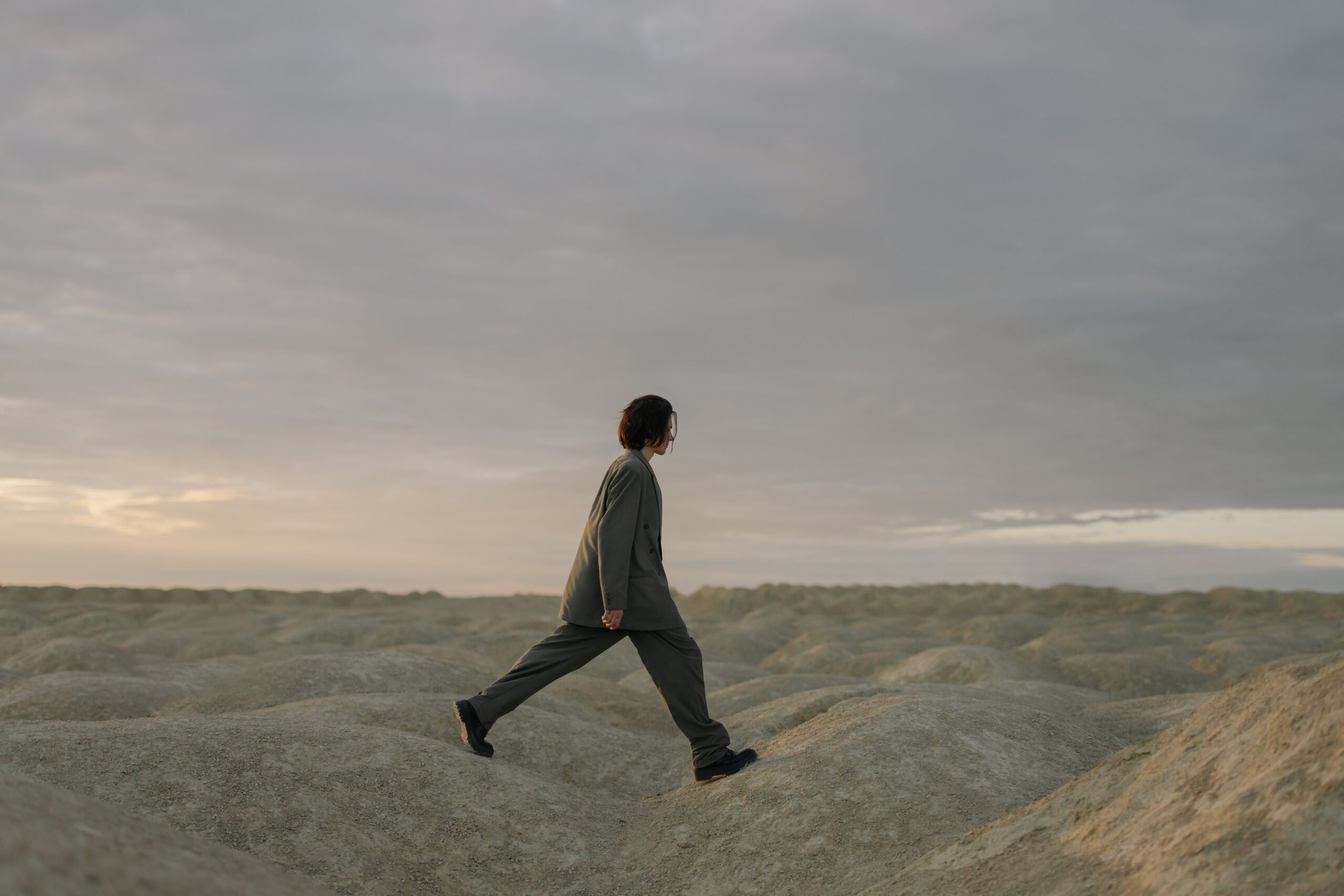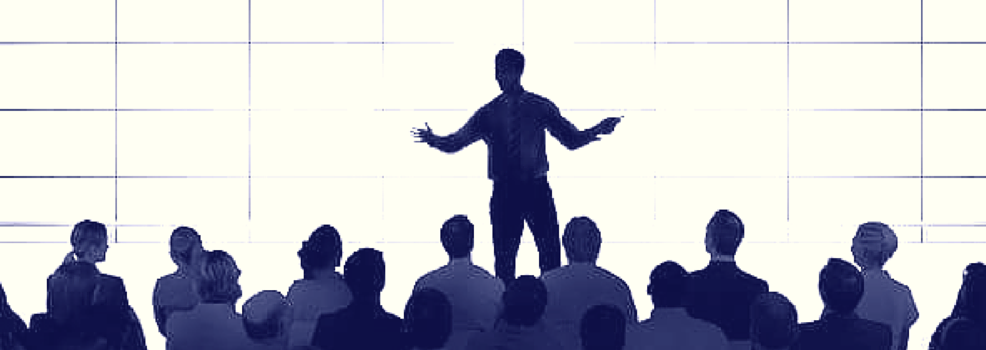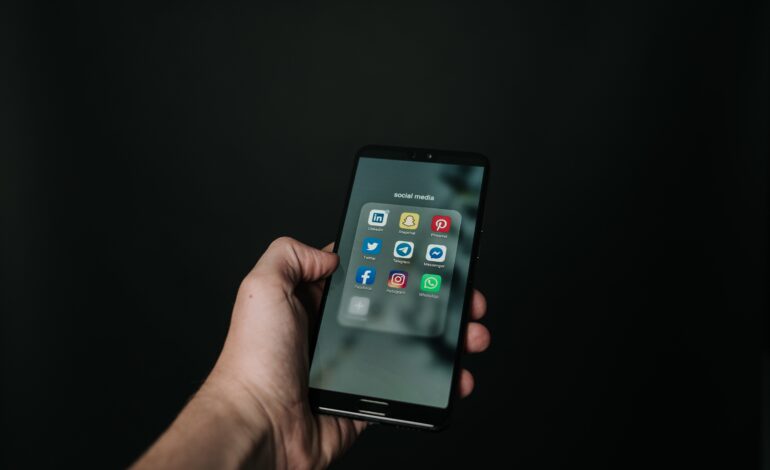
With the rise of social media, it’s now possible to connect with people across the globe. This incredible development has had a huge impact on our society, but it’s also had a profound impact on our mental health.
The impact of social media on mental health can be summarized in the following points:
Increased risk of depression and anxiety
Social media use has been linked to an increased risk of depression and anxiety, as users often compare themselves to others and feel pressure to present a perfect image online.
A study from the University of Pittsburgh found that people who use Facebook more than once a day are twice as likely to experience depression and anxiety than those who use it less frequently. The risk is higher for women than men, and it’s also higher for young people who compare themselves to others on social media.
Another study led by Dr. David Greenfield, founder of the Center for Internet Addiction Recovery, found that people who spent more time on social media were more likely to report feelings of loneliness or isolation. In fact, the study found that people who spent the most time on social media had twice as many symptoms of depression compared with those who spent less time online.
Cyberbullying
Cyberbullying is one of the most serious issues facing our youth, and it’s not going away anytime soon. Social media sites like Facebook, Instagram, and Snapchat can be used as platforms for cyberbullying, which has been linked to negative mental health effects such as anxiety, depression, and suicidal thoughts.
Students who are victims of cyberbullying often feel isolated and alone—they don’t know how to get help or who to talk to about what’s happening to them. If you’re a student who is being cyberbullied, please reach out!
Sleep problems
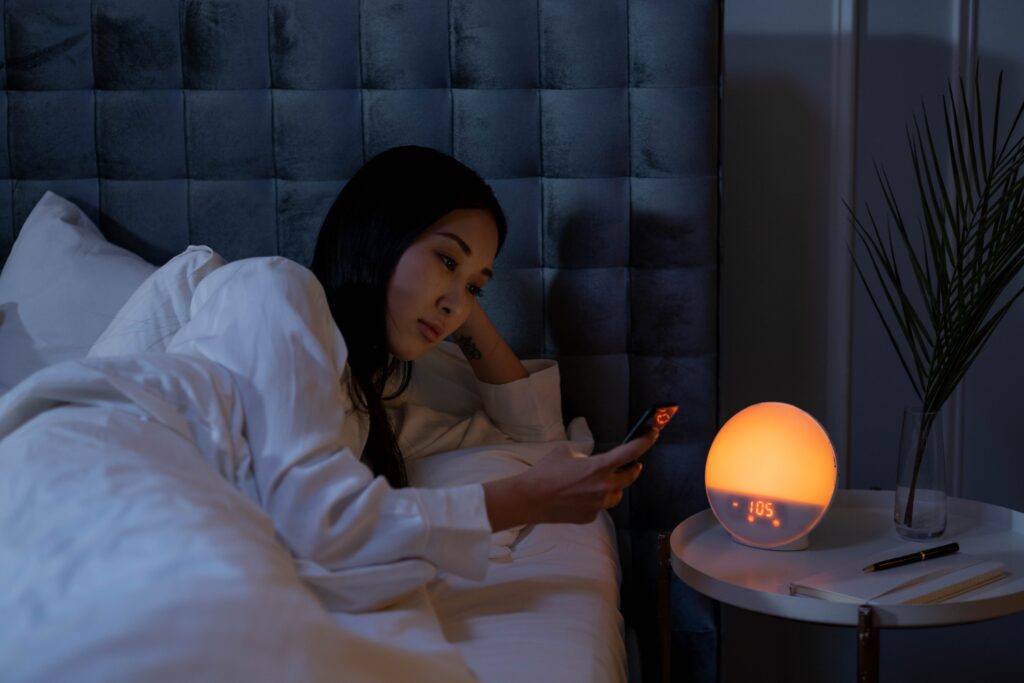
When you’re staring at your phone right before bed, you’re probably not thinking about how it might affect your sleep. But the fact is, using social media before bed can disrupt sleep patterns and lead to insomnia, which can have negative effects on mental health.
The blue light emitted from phones, tablets and other devices activates the brain’s pituitary gland, which in turn suppresses melatonin production—the hormone that regulates sleep cycles. This can leave you tossing and turning all night long.
Addiction
Social media addiction is more common than you would think, and it’s a very real thing. When you’re addicted to social media, it can be hard to focus on anything else—you might find yourself constantly checking your phone or the internet for updates, even when you don’t have time.
But the problem with social media addiction isn’t just that it takes up so much of our time—it also has serious effects on our mental health. When we’re unable to access our accounts or find ourselves in situations where we can’t use them (like when we’re at work), we can feel anxious or depressed. This is because we’ve built up such an expectation of constant connection with other people through social media that not being able to access that feels like something important has been taken away from us; it causes us to feel disconnected from the world around us and isolated from others who are sharing their experiences online.
Unrealistic expectations
Social media is a great way to connect with people and keep up with friends and family, but it can also create unrealistic expectations for self-image. When you’re scrolling through Instagram, it’s easy to feel like you’re comparing yourself to other people. After all, everyone looks good on social media! But these photos are edited and curated to show the best version of themselves—a version that may not be realistic for most people. The result of this social comparison is often low self-esteem and feelings of inadequacy, especially among young people who are just beginning to navigate the world of dating and relationships.
It’s important to remember that what you see on social media isn’t always what you get in real life!
Social isolation
While social media can connect people virtually, it can also lead to social isolation and loneliness when users prioritize online interactions over in-person relationships. The problem is exacerbated by the fact that many people have trouble finding time for face-to-face interactions due to busy schedules and other commitments.
The solution? Pay attention to how much time you spend on social media sites like Facebook or Twitter, as well as how frequently you check them throughout the day. Set aside some time each week to spend with family and friends in person—and don’t forget about work!
Exposure to triggering content
The internet is a vast and wonderful place, full of opportunities to learn, explore, and connect with other people. However, it can also be a dangerous place that exposes users to triggering content.
Triggering content is any type of media that may cause distress or upset in individuals who have been diagnosed with mental illness or who have experienced a traumatic event. This may include graphic images or language that reminds the user of their own traumatic experiences. When individuals come into contact with triggering content online, they are at risk for experiencing negative effects on their mental health. These negative effects may include increased anxiety and depression.
Impacts on body image
Social media can lead to negative body image and disordered eating behaviors, as users are exposed to images of idealized bodies and often feel pressure to conform to these standards.

A study published in the journal Body Image found that women who used social media were more likely than their non-using counterparts to feel pressure to conform to unrealistic body standards. The authors explained this finding by noting that “the constant availability of idealized images on social media may increase the risk of developing unhealthy eating habits or engaging in disordered eating behaviors.”
In addition, several studies have found associations between social media use and disordered eating behaviors among college-aged women. One study found that women who frequently used Facebook reported more frequent appearance-related concerns and dieting behavior than those who did not use Facebook regularly. Another study found that college women who engaged with content about eating disorders on Facebook had higher levels of body dissatisfaction than those who did not engage with such content.
RUCHI RATHOR Founder & CEO
Payomatix Technologies Pvt. Ltd.
FOUNDER AND INVESTOR | PAYMENTS PROCESSING EXPERT | MERCHANT ACCOUNT SOLUTIONS | WHITE LABELLED PAYMENT GATEWAY | Dreamer, Creator, Achiever, Constantly Evolving
Website Ruchi Rathor: https://ruchirathor.com
Website Healing Heart https://thehealingheart.me/
Instagram https://www.instagram.com/_ruchirathor_/
LinkedIn https://www.linkedin.com/in/ruchirathor12/
Facebook https://www.facebook.com/ruchi.rathor.magnificient
Tumblr https://www.tumblr.com/blog/ruchirathor-thehealingheart
Medium https://medium.com/@ruchirathor_23436


